The Best Companion Plants For Beets
Title: The Best Companion Plants for Beets
Introduction:
Beets are a delicious and nutritious root vegetable that is easy to grow. They are also a good companion plant for many other vegetables, which means that they can help to improve the growth and health of their neighbors.
In this blog post, we will discuss the best companion plants for beets. We will also cover some of the benefits of companion planting and how to choose the right companions for your beets.
Main Content:
There are many different plants that can be good companions for beets. Some of the best include:
- Alliums: Alliums, such as onions, garlic, and chives, can help to repel pests that can damage beets, such as aphids and beetles. They can also improve the flavor of beets.
- Brassicas: Brassicas, such as broccoli, Brussels sprouts, and cabbage, can help to enrich the soil around beets. They can also help to deter pests.
- Legumes: Legumes, such as beans, peas, and lentils, can help to fix nitrogen in the soil. This can benefit beets, as nitrogen is an important nutrient for their growth.
- Lettuce: Lettuce has shallow roots, so it will not compete with beets for water and nutrients. It can also help to shade the soil around beets, which can help to keep the soil cool and moist.
- Marigolds: Marigolds can help to repel pests, such as nematodes and root maggots. They can also improve the flavor of beets.
Benefits of Companion Planting:
There are many benefits to companion planting, including:
- Improved plant growth: Companion plants can help to improve the growth of each other by providing nutrients, attracting pollinators, or deterring pests.
- Reduced pest and disease problems: Companion plants can help to reduce pest and disease problems by attracting beneficial insects, deterring pests, or breaking the life cycle of pests.
- Increased biodiversity: Companion planting can help to increase biodiversity in the garden, which can benefit all of the plants in the garden.
Choosing the Right Companions:
When choosing companion plants for beets, it is important to consider the following factors:
- Planting requirements: The companion plants should have similar planting requirements as beets, such as sun exposure, soil type, and water needs.
- Competitive nature: The companion plants should not be too competitive with beets for water and nutrients.
- Pest and disease control: The companion plants should help to deter pests and diseases that can damage beets.
Conclusion:
By choosing the right companion plants for beets, you can improve the growth, health, and productivity of your beet crop. Companion planting is a great way to create a more balanced and productive garden.
If you're planning to plant beets in your garden, be sure to do your research on companion planting. Some of the best companion plants for beets include allium vegetables (onions and garlic), bush beans, lettuce, radishes, strong-scented herbs, brassicas (like broccoli and cabbage), corn, and oats. These plants can help to deter pests, improve soil health, and boost yields.
FAQ of best companion plants for beets
- What are the best companion plants for beets?
The best companion plants for beets are those that have similar growing requirements and can help to deter pests and diseases. Some of the best companion plants for beets include:
* Alliums: Onions, garlic, leeks, and chives all have strong scents that can help to repel pests like aphids and flea beetles.
* Brassicas: Broccoli, cauliflower, Brussels sprouts, and kale all help to improve the soil quality and can help to deter pests like cabbage loopers and moths.
* Legumes: Bush beans, soybeans, and butter beans all fix nitrogen in the soil, which can benefit beets.
* Lettuce: Lettuce has shallow roots, so it can be planted close to beets without competing for water or nutrients.
* Marigolds: Marigolds have a strong scent that can help to deter pests like nematodes and rootworms.
- What plants should I avoid planting near beets?
There are a few plants that should be avoided planting near beets, as they can compete for water or nutrients or attract pests. These plants include:
* Pole beans: Pole beans can shade out beets and stunt their growth.
* Field mustard: Field mustard can harbor pests and diseases that can also affect beets.
* Charlock (wild mustard): Charlock is a weed that can compete with beets for water and nutrients.
- How do companion plants benefit beets?
Companion plants can benefit beets in a number of ways, including:
* Attracting beneficial insects: Some companion plants, such as marigolds, attract beneficial insects that can help to control pests.
* Improving soil quality: Legumes, such as bush beans, can fix nitrogen in the soil, which can benefit beets.
* Decreasing pest pressure: Some companion plants, such as onions and garlic, have strong scents that can help to repel pests.
* Compensating for weaknesses: For example, lettuce has shallow roots, so it can be planted close to beets to help retain moisture in the soil.
- How do I plant companion plants with beets?
When planting companion plants with beets, it is important to consider the size and growth habit of each plant. For example, tall plants like broccoli should be planted at the back of the garden, while shorter plants like lettuce can be planted in front. It is also important to space the plants appropriately, so that they have enough room to grow without competing for resources.
Image of best companion plants for beets
- Onions: Onions are a great companion plant for beets because they help to repel pests like aphids and slugs. They also help to improve the flavor of beets.
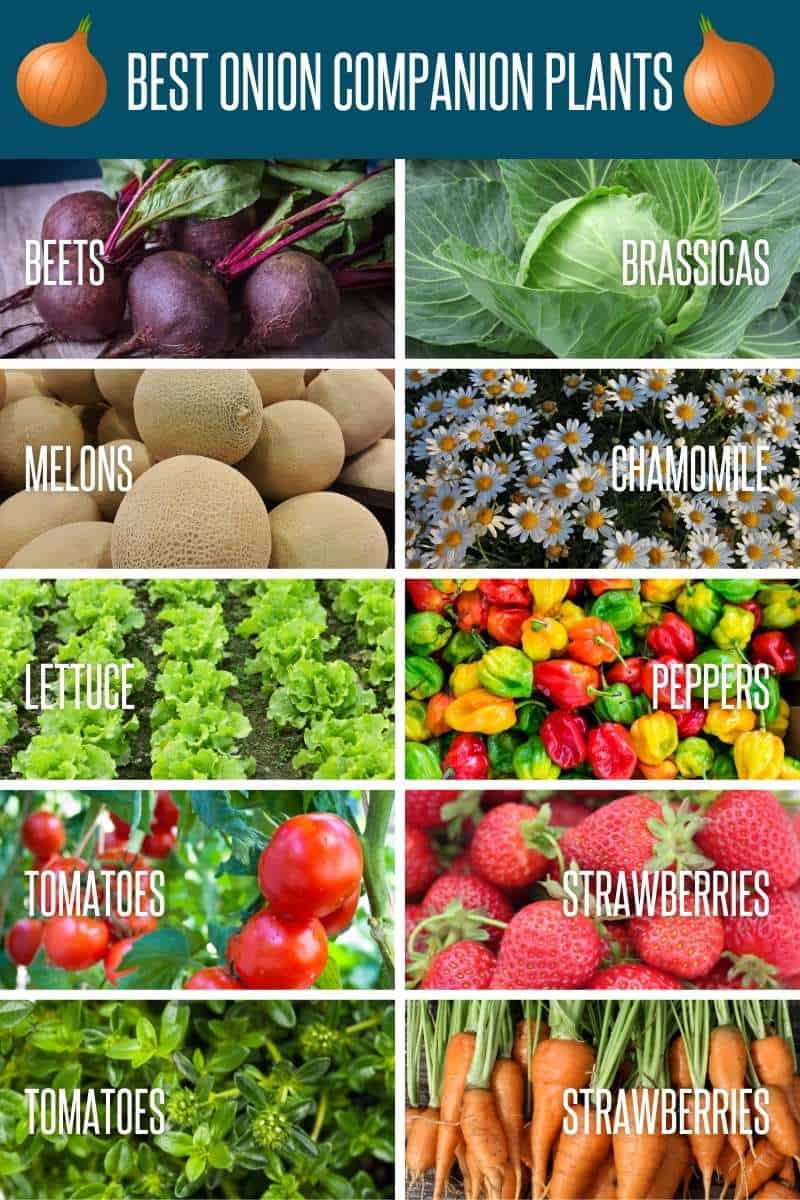
- Carrots: Carrots and beets are both root vegetables, so they benefit from being planted together. Carrots help to loosen the soil, which makes it easier for beets to grow.
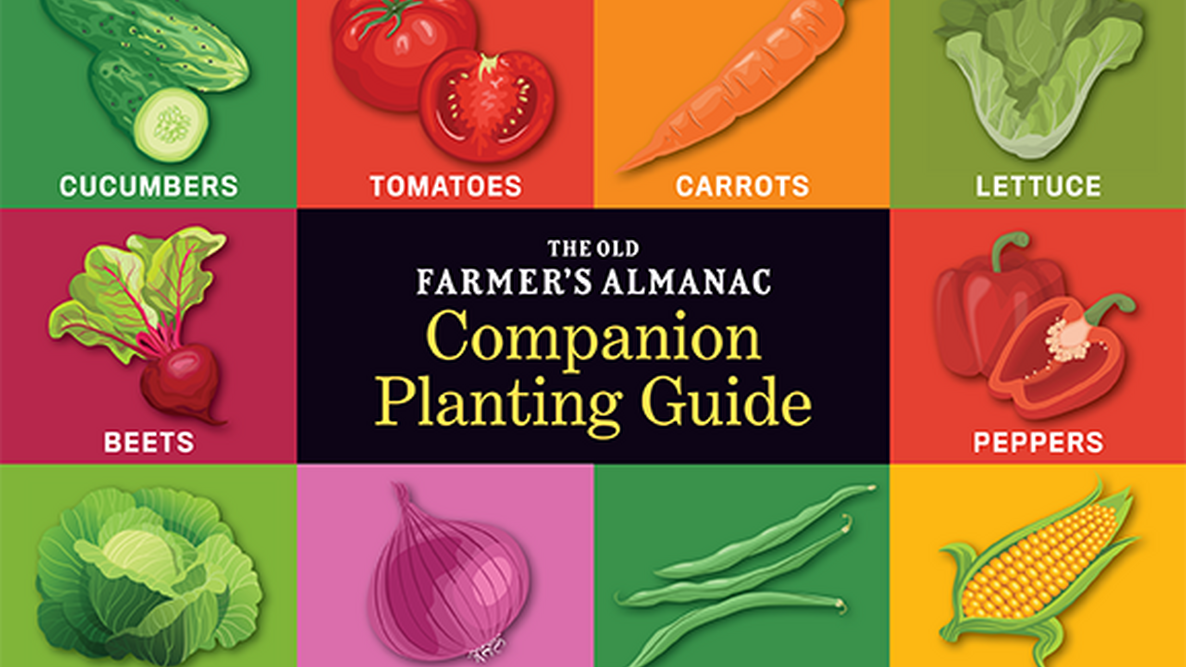
- Lettuce: Lettuce is a good companion plant for beets because it helps to shade the soil, which helps to keep the beet roots cool and prevent them from bolting.
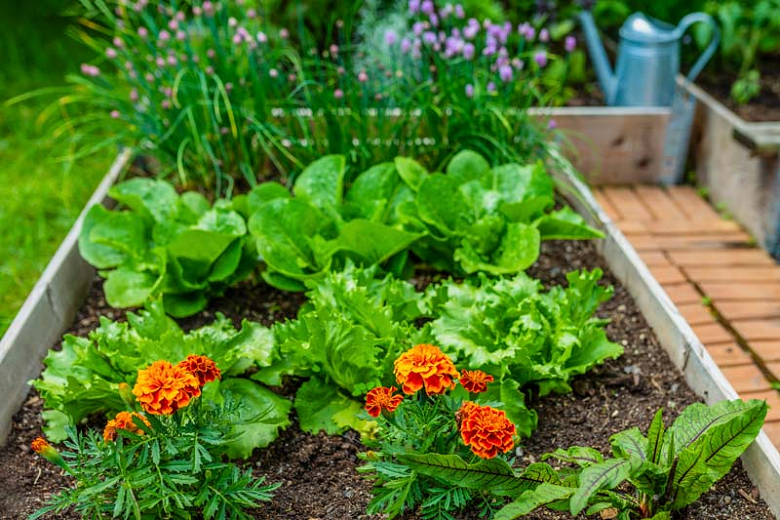
- Cabbage: Cabbage is another member of the Brassica family, so it is a good companion plant for beets. Cabbage helps to improve the soil quality, which benefits both plants.

- Kale: Kale is another good companion plant for beets because it helps to repel pests like aphids and cabbage moths.
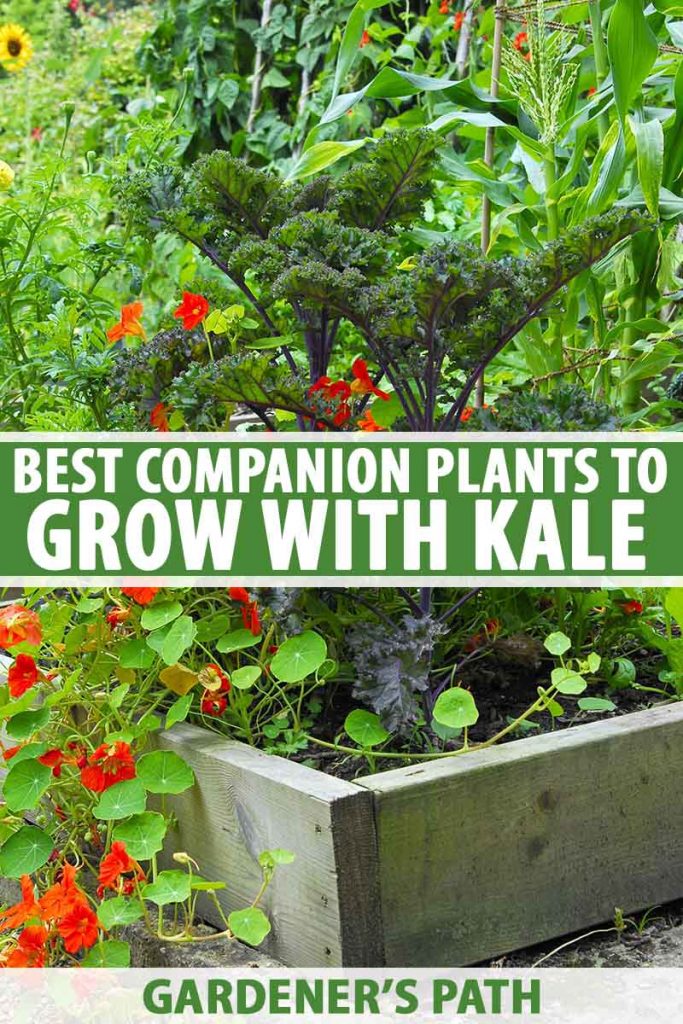
- Spinach: Spinach is a good companion plant for beets because it helps to suppress weeds. It also helps to improve the soil quality, which benefits both plants.
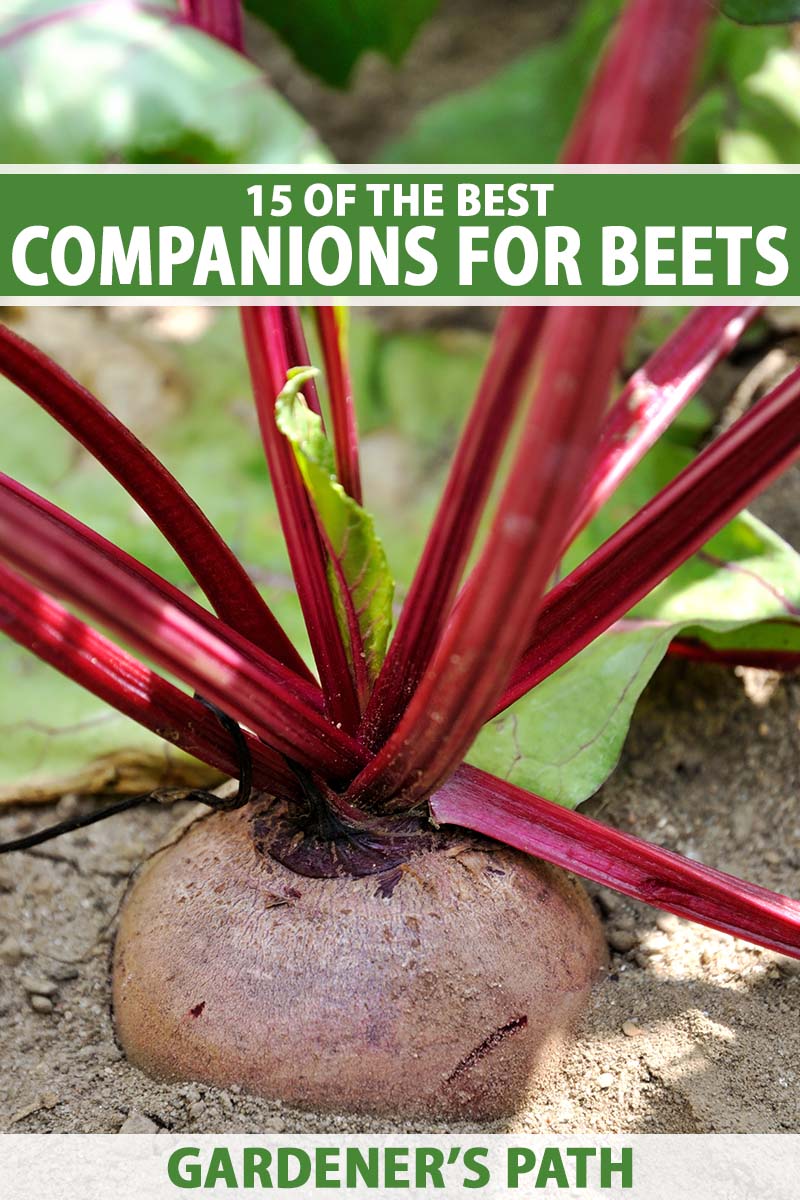
- Bush Beans: Bush beans are a good companion plant for beets because they help to fix nitrogen in the soil. This nitrogen benefits both plants.
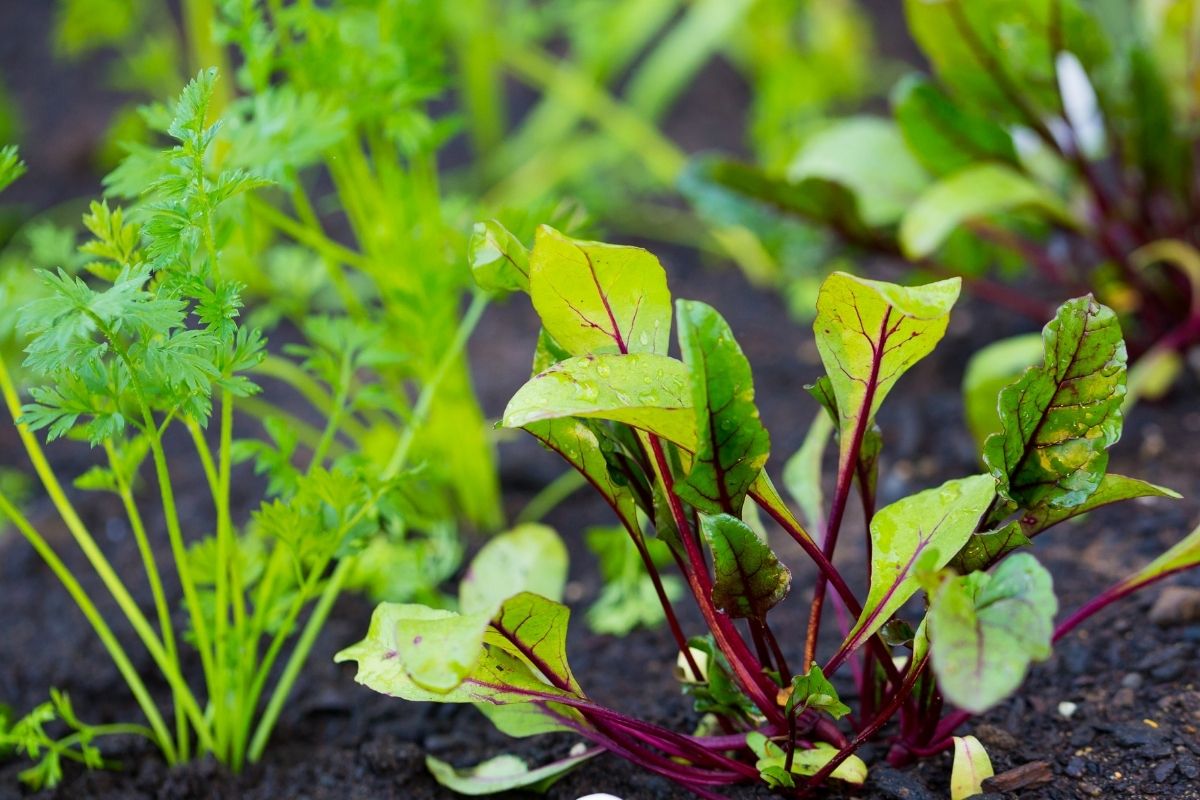
- Pole Beans: Pole beans are also a good companion plant for beets, but they need to be planted further apart. Pole beans help to attract pollinators, which benefits both plants.
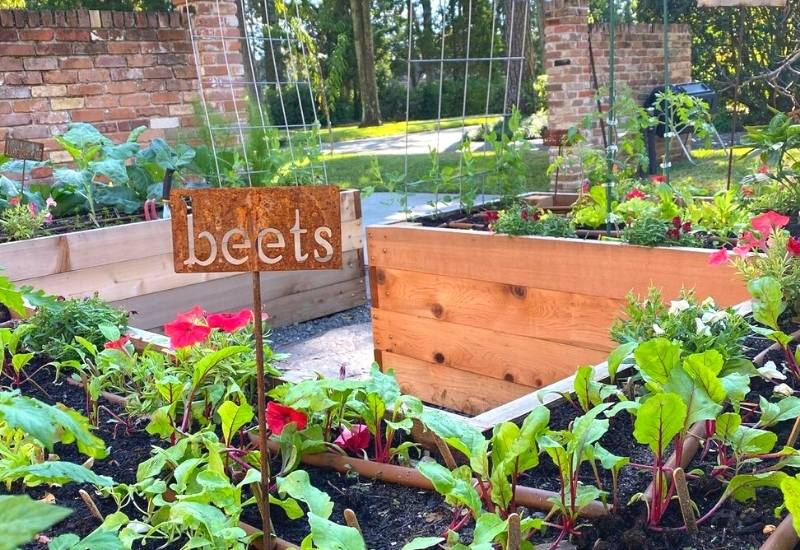
- Marigolds: Marigolds are a good companion plant for beets because they help to repel pests like nematodes and root knot nematodes.
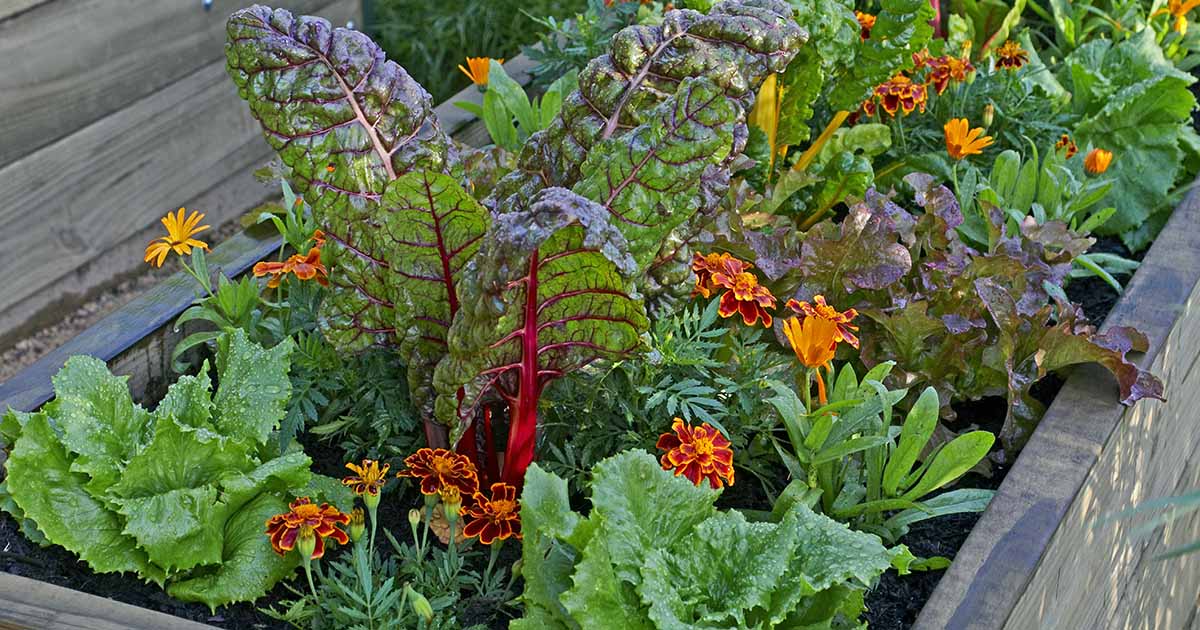
Post a Comment for "The Best Companion Plants For Beets"